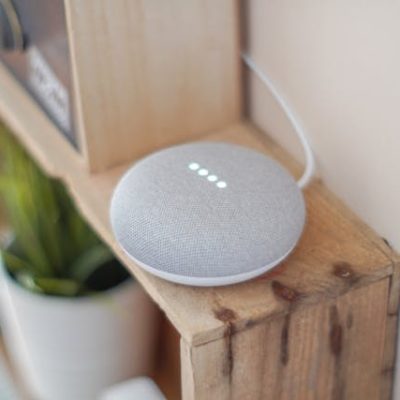Whether it’s your first time to apply for a mortgage or you have done it before, the expenses related to this endeavour can add up. After all, you are not only dealing with the mortgage deposit and repayments – you are also dealing with fees that include stamp duty, professional fees, and more.
Before you apply for a mortgage, find out all that you can about what it entails. And – we cannot stress this enough – you have to thoroughly assess your financial capability and resources so that you can make the best decision in the end. Remember that you will have to pay the mortgage for a good many years, so a complete assessment of your finances is definitely in order.

The Name of the Mortgage Game: The Deposit
First of all, you have to determine how much deposit you can afford to pay. The deposit will also have a big impact on your future mortgage rate. If you would like to get a good mortgage deal, you may have to put down a sizeable deposit. In today’s market, the average deposit for a home in the UK is around 25%. If you are sure that you can come up with about 25% of the value of the property, then you have a better chance of securing a good deal. If, on the other hand, you can afford to part with about 40% of the property’s value, then your chances of an even better mortgage deal increase as well.
For those who cannot afford to put 40% or even 25% down, there is no need to worry. You can still get a relatively good mortgage with even just a 15% or 10% down-payment, since the property sector has shown better growth and mortgage lenders have become more flexible as well. One thing to remember though is that if you pay only a 10% or 15% deposit, your mortgage rates will go up. At the end of the day, it may still be better to raise that additional cash since you will be paying a lower mortgage rate in future.
Additional Expenses
There are also other expenses to contend with when securing a mortgage. Aside from the deposit, there are fees and charges which can run up to thousands of pounds. One fee, for instance, is stamp duty. Previously, the stamp duty was levied – but this has now changed with the chancellor’s decision as of December of 2014.
When you buy a home, you now have to settle the stamp duty gradually, depending on how much past the threshold the purchase of your property is. For example, bands at the current time are at zero percent to £125,000, two percent to £250,000, five percent to £925,000, and so on. In the past, you would have had to pay a particular percentage on the whole buying price of your property.
To give you a better idea, if the total cost of the property you have in mind is £200,000, then you will have to pay £1,500. If your prospective property’s price is £600,000, then your stamp duty will come to around £20,000. The good news is that the rate is lower than before – in the past, a £200,000 property would have meant paying £2,000 in stamp duty, while a £600,000 property would have meant paying £24,000.
There are other expenses to think about as well, and these include your property’s maintenance and upkeep, as well as building insurance.
Getting the Best Advice
For the best advice regarding the right mortgage, you can always seek expert guidance from a mortgage advisor. It would be a good idea to look around for mortgage advisors in your local area. For example, if you reside in Chelmsford and are looking for a mortgage advisor Chelmsford offers many options, such as Flagstone (find out more about their services at http://www.flagstone.co.uk/contact/chelmsford) who can easily assist you with all the information you require.




